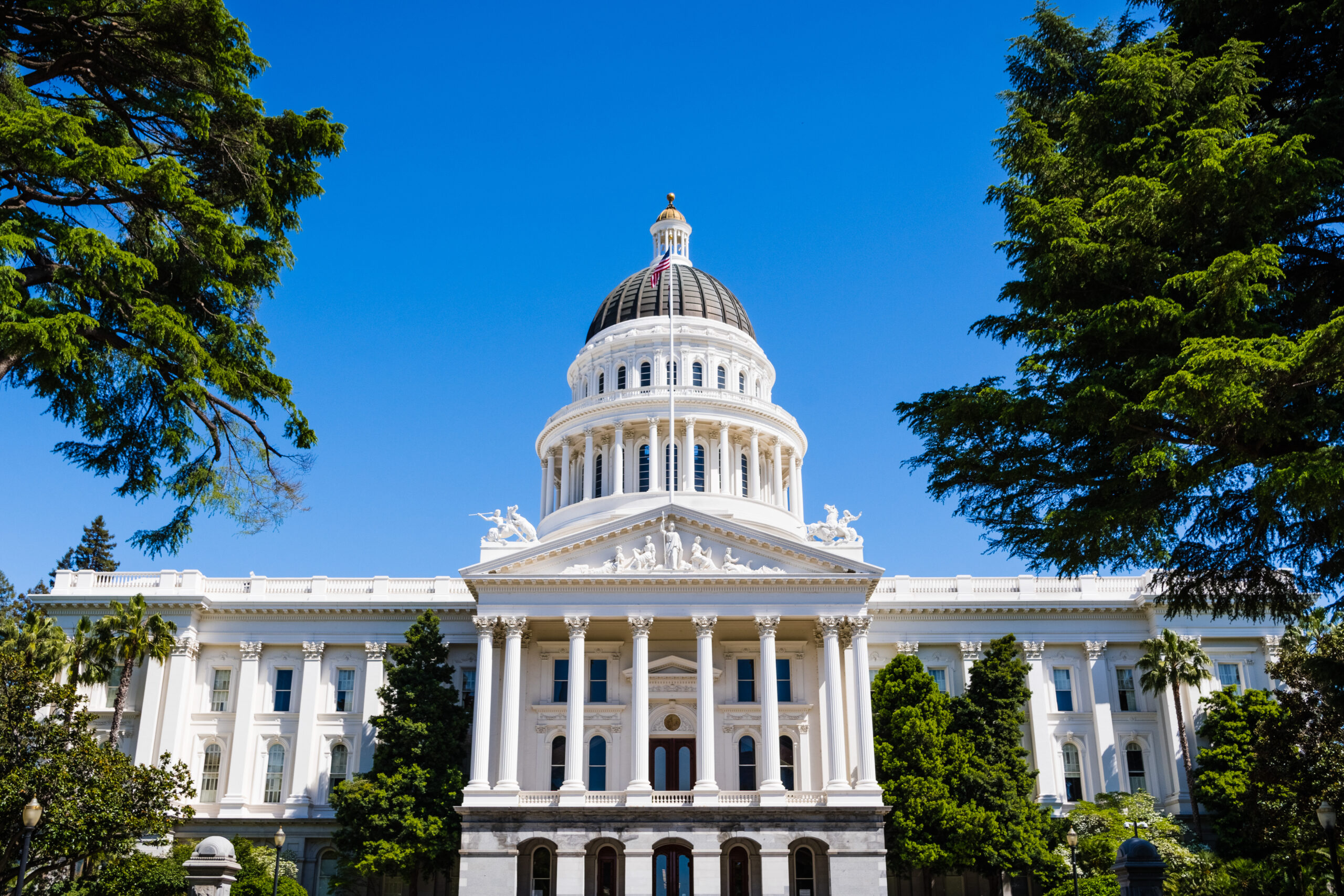Showing results for fire2020 xped free promo codes belgium

Age-Appropriate Design Code Passes California Legislature
Update: On Sep 15, 2022, California Governor Gavin Newsom signed AB 2273, the California Age-Appropriate Design Code Act. The law will apply to businesses that provide online services, products, or features likely to be accessed by children and broadly requires businesses to implement their strongest privacy settings by default for young users up to the age of […]

New Report on Limits of “Consent” in India’s Data Protection Law
[…] appear similar to the EU’s “legitimate interests,” but whose scope still remains uncertain. The PDP Bill would have required consent for processing of personal data to be free, informed, specific, clear, and capable of being withdrawn. For consent to qualify as “informed” under the PDP Bill, the data controller would have to provide certain […]

Introduction to the Conformity Assessment under the draft EU AI Act, and how it compares to DPIAs
[…] 43). They relate to: a) The quality of data sets used to train, validate and test the AI systems; the data sets have to be ‘relevant, representative, free of errors and complete’, as well as having ‘the appropriate statistical properties (…) as regards the persons or groups of persons on which the high-risk AI […]

FPF at CPDP LatAm 2022: Artificial Intelligence and Data Protection in Latin America
This summer the first-ever in-person Computers, Privacy and Data Protection Conference – Latin America (CPDP LatAm) took place in Rio de Janeiro on July 12 and 13. The Future of Privacy Forum (FPF) was present at the event, titled Artificial Intelligence and Data Protection in Latin America, participating in two panels and submitting a paper […]

New Report on Limits of “Consent” in Vietnam’s Data Protection Law
[…] subject to narrow exceptions, such as requests from state authorities or necessity for medical care. Generally, under Vietnamese law, consent for processing of personal information must be freely given. Prevailing laws generally require entities that handle personal data to inform the data subject of the scope and purpose for collection and use of the […]

New Report on Limits of “Consent” in Malaysia’s Data Protection Law
[…] the disclosure of personal data held by certain regulated entities (e.g., providers of financial services, medical practitioners), the PDP Commissioner has approved and registered seven Personal Data Codes of Practice, which provide more detailed requirements for entities in certain sectors to comply with the PDPA. These sectors include: insurance and takaful; banking and finance; […]

New Report on Limits of “Consent” in the Philippines’ Data Protection Law
[…] by public authorities for various purposes. The stated policy aim of the DPA is to protect the fundamental human right to privacy of communication while ensuring the free flow of information to promote innovation and growth. To that end, the DPA provides data subjects with a number of rights over their data, including rights […]

New Report on Limits of “Consent” in Australia’s Data Protection Law
Authors: Dominic Paulger and Elizabeth Santhosh Elizabeth Santhosh is a current law student at Singapore Management University and an FPF Global Privacy intern. Introduction Today, the Future of Privacy Forum (FPF) and Asian Business Law Institute (ABLI), as part of their ongoing joint research project: “From Consent-Centric Data Protection Frameworks to Responsible Data Practices and […]

California Age-Appropriate Design Code Aims to Address Growing Concern About Children’s Online Privacy and Safety
Authors: Chloe Altieri, Kewa Jiang Kewa Jiang, CIPP/US, is a 2021 graduate of USC Gould School of Law and a Student Contractor with FPF’s Youth and Education Privacy team. On May 26, 2022, AB-2273, the California Age-Appropriate Design Code Act (ADCA) unanimously passed the California Assembly and moved to the Senate for consideration. California Assembly […]

New Report on Limits of “Consent” in New Zealand’s Data Protection Law
[…] the Act. The Act also empowers the Commissioner to, firstly, investigate complaints regarding entities’ privacy practices, resolve disputes, and issue binding compliance notices, and secondly, issue binding codes of practice in relation to specific sectors or classes of personal information. In 2012, New Zealand also became one of the few jurisdictions in APAC that […]
